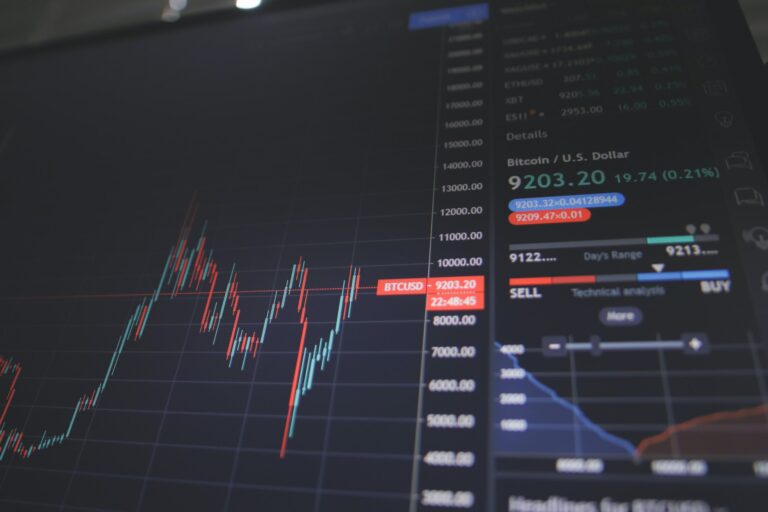Journalism has always been a dynamic field, evolving with the times and technological advancements. In today’s fast-paced world, breaking news has become a cornerstone of journalism. But what exactly is breaking news, and how has it reshaped the landscape of journalism? Let’s dive in and explore this fascinating Telugu Funda topic.
Definition of Breaking News
Breaking News refers to information about an event that is currently occurring or has just happened. This type of news is urgent, requiring immediate reporting and dissemination to the public.
Historical Perspective
The Rise of Breaking News
The concept of breaking news isn’t new. Even in the early days of newspapers, there were instances where urgent news was printed in special editions. However, the rise of radio and television brought breaking news to the forefront, allowing real-time updates.
Key Moments in History
Significant events such as the assassination of President John F. Kennedy and the September 11 attacks highlighted the power and importance of breaking news. These moments underscored the need for swift and accurate reporting.

The Digital Revolution
Transition from Print to Digital
The advent of the internet revolutionized journalism. News that once took hours or days to disseminate could now be shared instantly. This shift from print to digital fundamentally changed how breaking news is reported.
The Role of Social Media
Social media platforms like Twitter and Facebook have become essential tools for breaking news. They offer real-time updates and allow journalists to reach a broader audience quickly.
Speed vs. Accuracy
The Pressure of Being First
In the race to be the first to report breaking news, journalists often face immense pressure. This rush can sometimes lead to errors and misinformation.
Consequences of Misinformation
When speed trumps accuracy, the consequences can be dire. Misinformation can spread rapidly, causing public panic and eroding trust in the media.
Ethical Considerations
Balancing Speed with Responsibility
Journalists have a responsibility to report the truth. Balancing the need for speed with ethical reporting practices is crucial to maintaining credibility.
The Importance of Verification
Verifying information before publication is essential, even in the fast-paced world of breaking news. Accurate reporting builds trust and credibility with the audience.
Impact on Journalists
Stress and Burnout
The constant demand for breaking news can lead to significant stress and burnout among journalists. The need to be always “on” takes a toll on their mental and physical health.
The Changing Skillset
Today’s journalists need a diverse skillset. Beyond traditional reporting, they must navigate social media, understand data analytics, and be adept at multimedia storytelling.
Economic Implications
Monetization of Breaking News
Breaking news can attract large audiences, which is beneficial for advertising revenue. However, the economics of journalism are complex, and sustaining profitability remains a challenge.
The Financial Strain on News Outlets
Many news organizations struggle to monetize breaking news effectively. The shift to digital has disrupted traditional revenue models, leading to financial strain.








